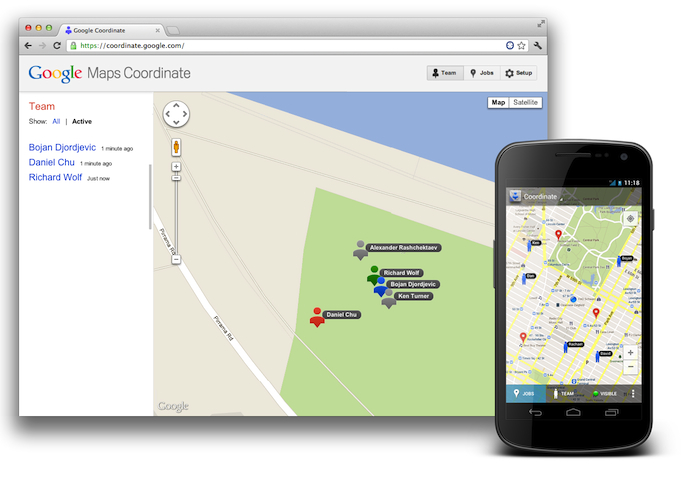Paul Wallbank joins Rod Quinn to discuss how technology affects your business and life. For December 2012 we’ll be looking at business security, Windows 8 and the saga of Apple Maps.
If you missed the program, you can listen to the recording through the ABC website.
Answers to listeners’ questions and links to some of the programs we discussed, including removing Norton Anti-Virus and getting your Windows start button back, are on a later blog post.
Some of the topics we discussed included these below.
- The Romanian crime gangs that have been hacking business computers in Australia and the US
- How do you protect yourself against problems like these hackers?
- Windows 8 is more secure that earlier versions, how is it selling?
- Microsoft and Nokia’s struggle with the smartphone
- The battle between Apple, Microsoft and Google over app store revenues
- Victoria police’s warning about using Apple’s map application
- Facebook’s privacy settings get another change
- What technology promises in 2013
We’d love to hear your views so join the conversation with your on-air questions, ideas or comments; phone in on the night on 1300 800 222 within Australia or +61 2 8333 1000 from outside Australia.
Tune in on your local ABC radio station or listen online at www.abc.net.au/nightlife.
You can SMS Nightlife’s talkback on 19922702, or through twitter to @paulwallbank using the #abcnightlife hashtag or visit the Nightlife Facebook page.


